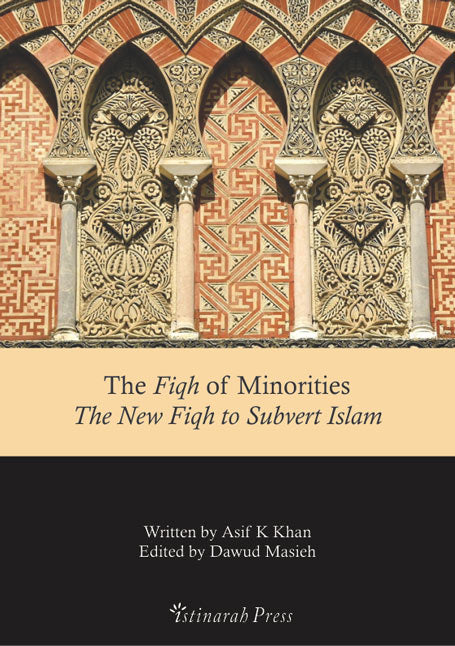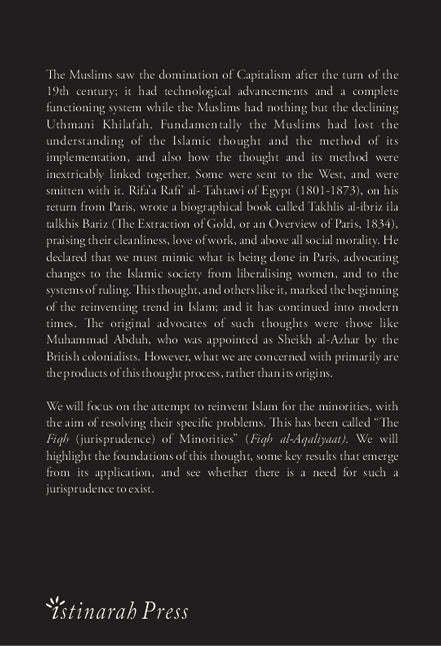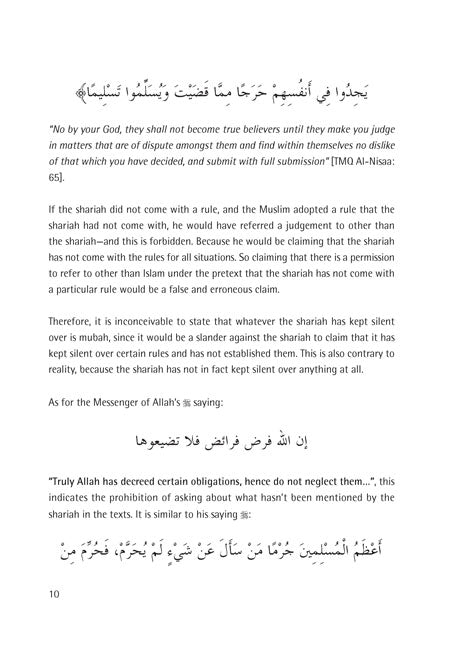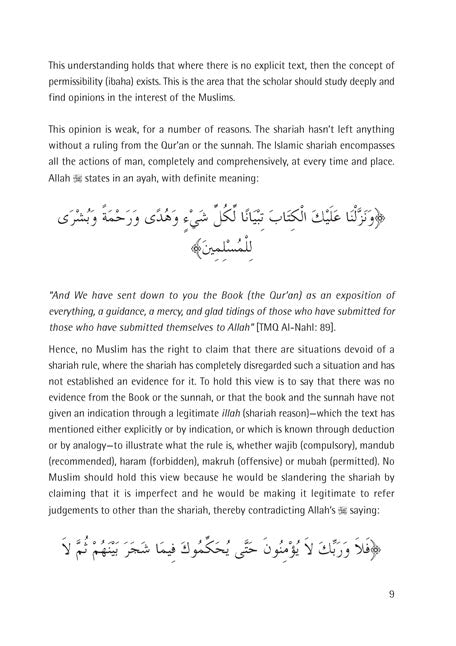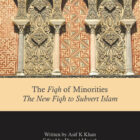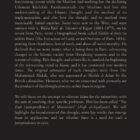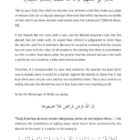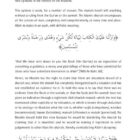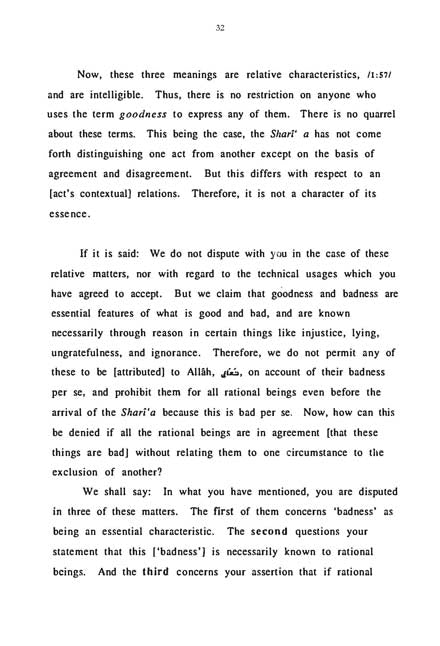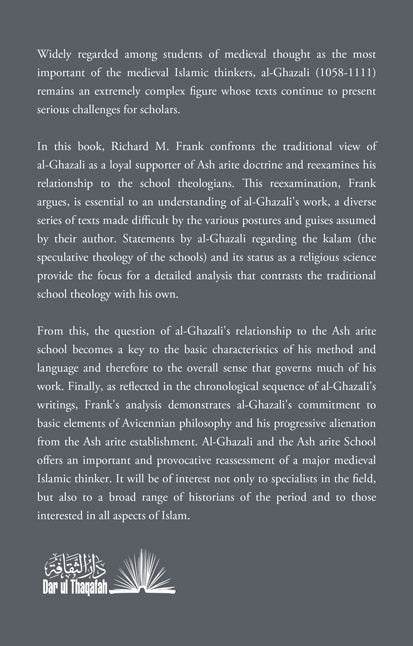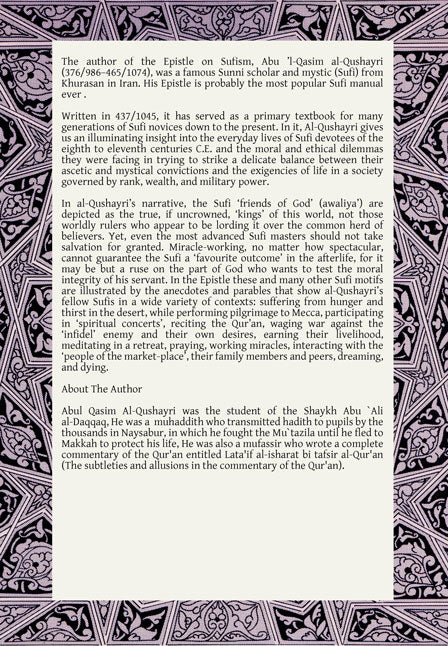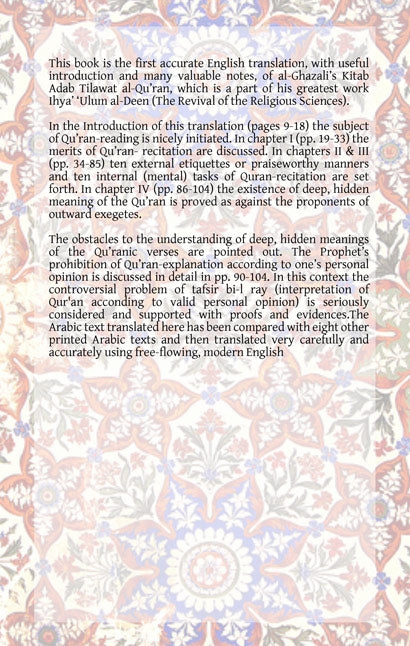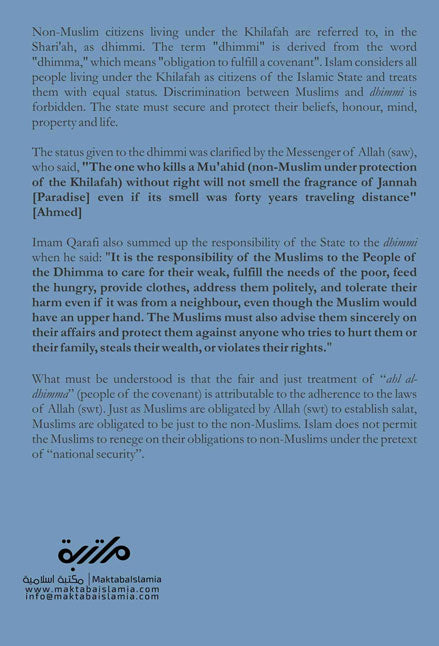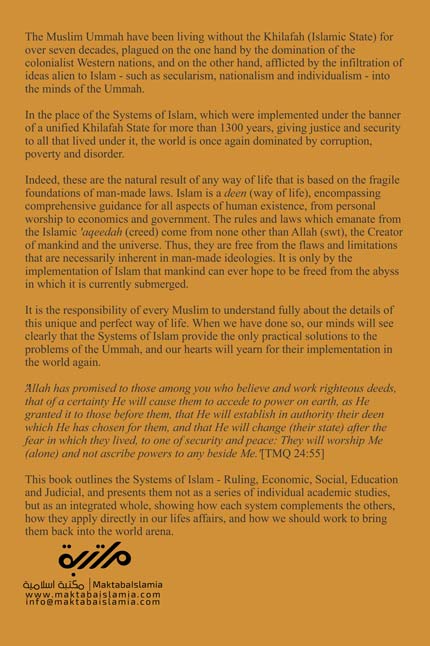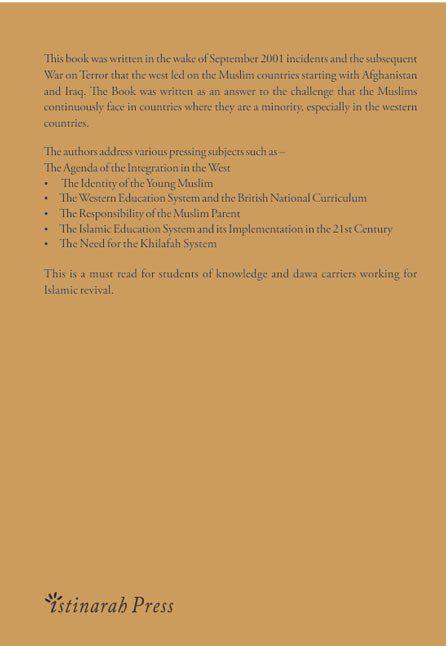The Fiqh of Minorities – A New Fiqh to Subvert Islam
Asif K Khan
Paperback, 44 pages
5.83 x 8.27 inch
Istinarah Press
The Muslims saw the domination of Capitalism after the turn of the 19th century; it had technological advancements and a complete functioning system while the Muslims had nothing but the declining Uthmani Khilafah. Fundamentally the Muslims had lost the understanding of the Islamic thought and the method of its implementation, and also how the thought and its method were inextricably linked together. Some were sent to the West, and were smitten with it. Rifa’a Rafi’ al- Tahtawi of Egypt (1801-1873), on his return from Paris, wrote a biographical book called Takhlis al-ibriz ila talkhis Bariz (The Extraction of Gold, or an Overview of Paris, 1834), praising their cleanliness, love of work, and above all social morality. He declared that we must mimic what is being done in Paris, advocating changes to the Islamic society from liberalising women, and to the systems of ruling.
This thought, and others like it, marked the beginning of the reinventing trend in Islam; and it has continued into modern times. The original advocates of such thoughts were those like Muhammad Abduh, who was appointed as Sheikh al-Azhar by the British colonialists. However, what we are concerned with primarily are the products of this thought process, rather than its origins.
We will focus on the attempt to reinvent Islam for the minorities, with the aim of resolving their specific problems. This has been called “The Fiqh (jurisprudence) of Minorities” (Fiqh al-Aqaliyaat). We will highlight the foundations of this thought, some key results that emerge from its application, and see whether there is a need for such a jurisprudence to exist.
This book is also available on other websites, in case you cannot find it on the above link, we recommend you search on the internet as well.

